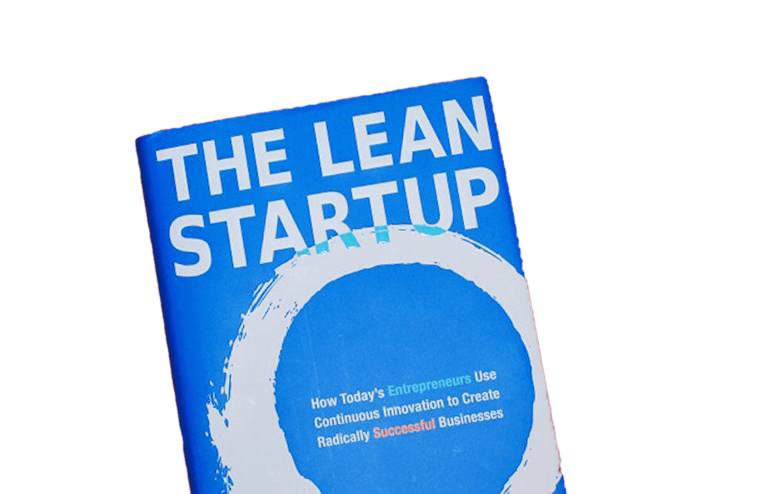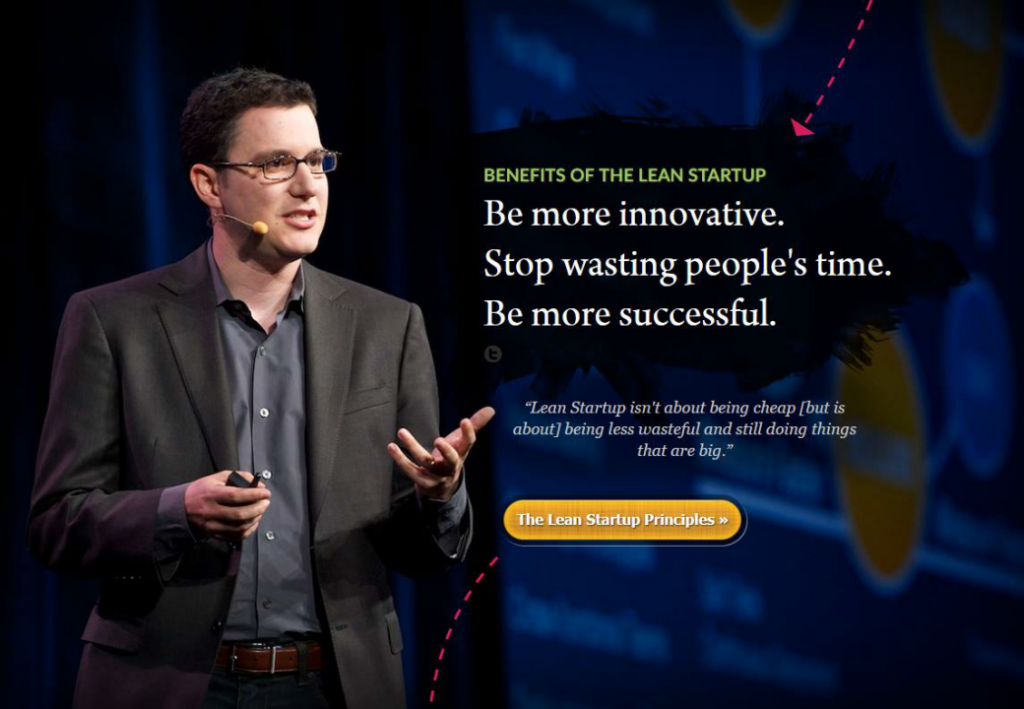
"This school believes that chaos is the answer. Startups have neither."Ģ- The second problem is the "Just-do-it". "Planning and forecasting are only accurate when based on a long, stable operating history and a relatively static environment. He goes on by explaining why start-ups fail:ġ- The first problem is the allure of a good plan. We really had customers, often talked to them and did not do what they said." On page 8, Eric Ries explains that the lean startup method helps entrepreneurs "under conditions of extreme uncertainty" with a "new kind of management" by "testing each element of their vision", and "learn whether to pivot or persevere" using a "feedback loop".

After securing initial customers, we change the product constantly. Then we ship it to customers before it's ready. We build a minimum viable product, an early product that is terrible, full of bugs and crash-your-computer-yes-really stability problems. Just like the previous three authors, Ries shows that innovation may be totally counterintuitive: "My cofounders and I are determined to make new mistakes. But instead of saying what I did not like, let me begin with the good points. It could be that I did not read it well or too fast, but I was expecting much more.

Ries provides a scientific approach to creating and managing successful startups in a age when companies need to innovate more than ever.Īfter reading Clayton Christensen, Geoffrey Moore and Steve Blank, I was expecting a lot from The Lean Startup by Eric Ries. Rather than wasting time creating elaborate business plans, The Lean Startup offers entrepreneurs - in companies of all sizes - a way to test their vision continuously, to adapt and adjust before it's too late. It enables a company to shift directions with agility, altering plans inch by inch, minute by minute. Inspired by lessons from lean manufacturing, it relies on "validated learning," rapid scientific experimentation, as well as a number of counter-intuitive practices that shorten product development cycles, measure actual progress without resorting to vanity metrics, and learn what customers really want.

The Lean Startup approach fosters companies that are both more capital efficient and that leverage human creativity more effectively. What they have in common is a mission to penetrate that fog of uncertainty to discover a successful path to a sustainable business. This is just as true for one person in a garage or a group of seasoned professionals in a Fortune 500 boardroom. The Lean Startup is a new approach being adopted across the globe, changing the way companies are built and new products are launched.Įric Ries defines a startup as an organization dedicated to creating something new under conditions of extreme uncertainty. But many of those failures are preventable.


 0 kommentar(er)
0 kommentar(er)
